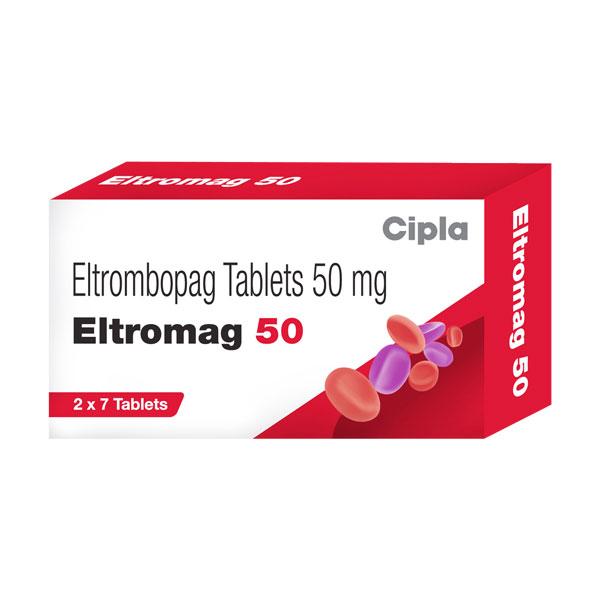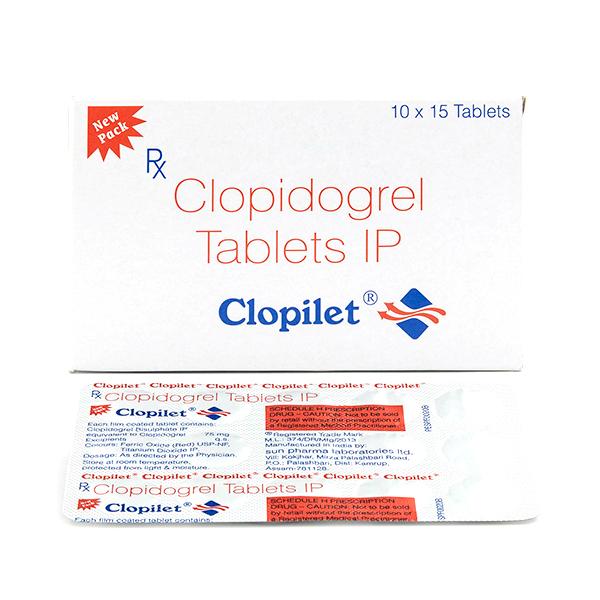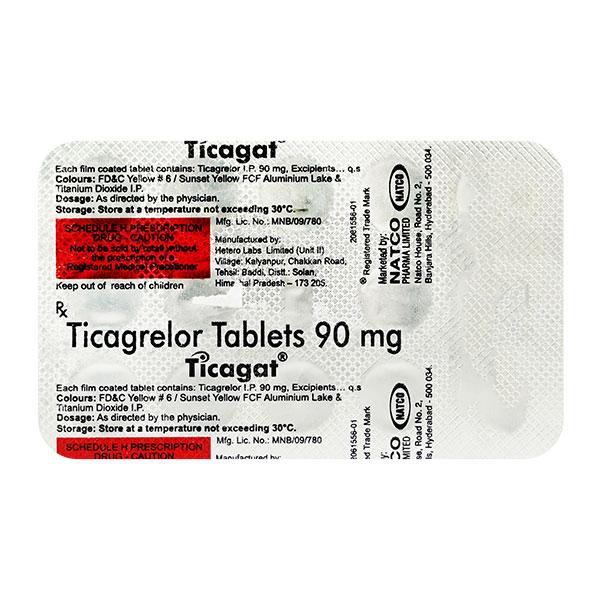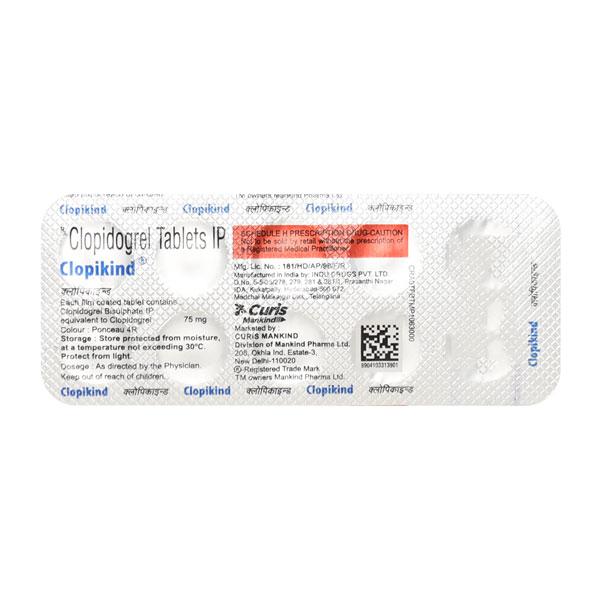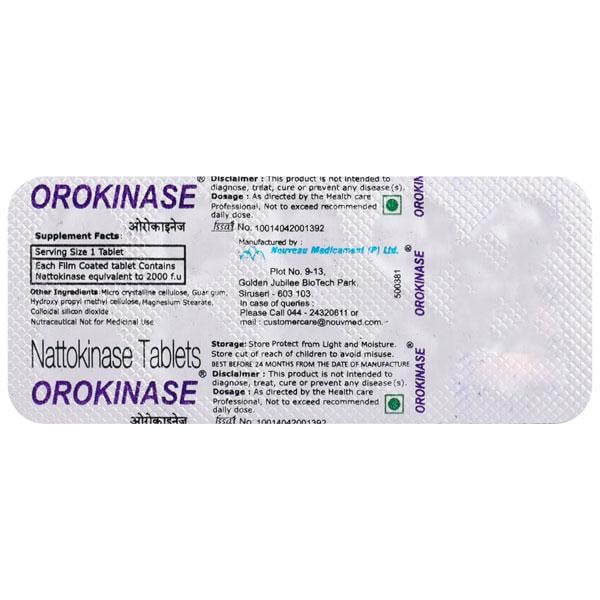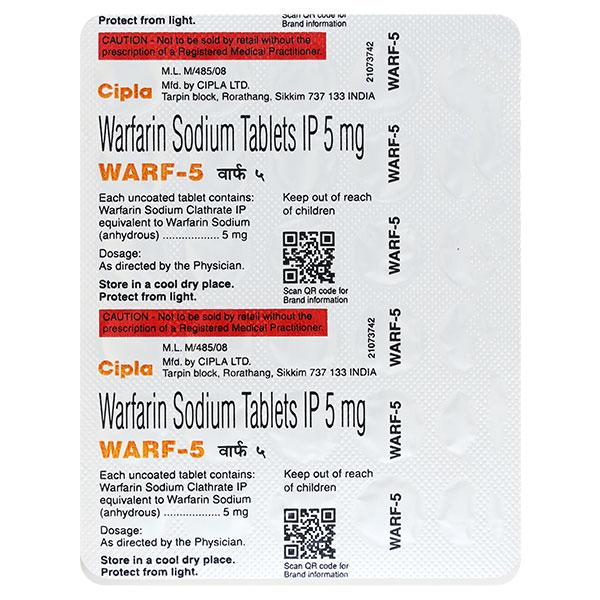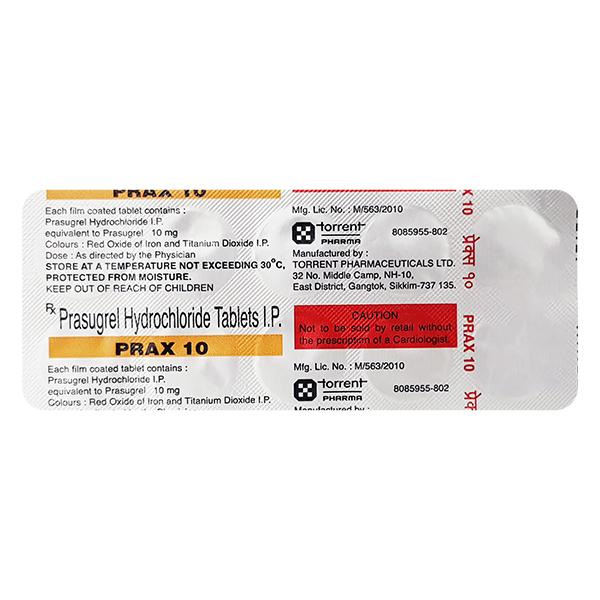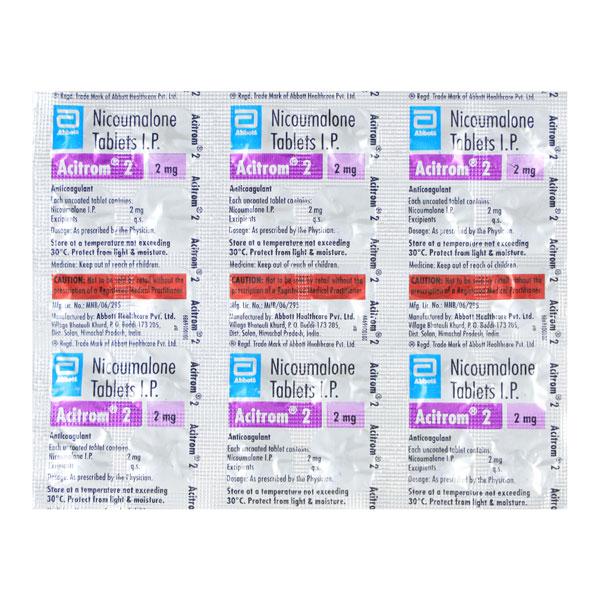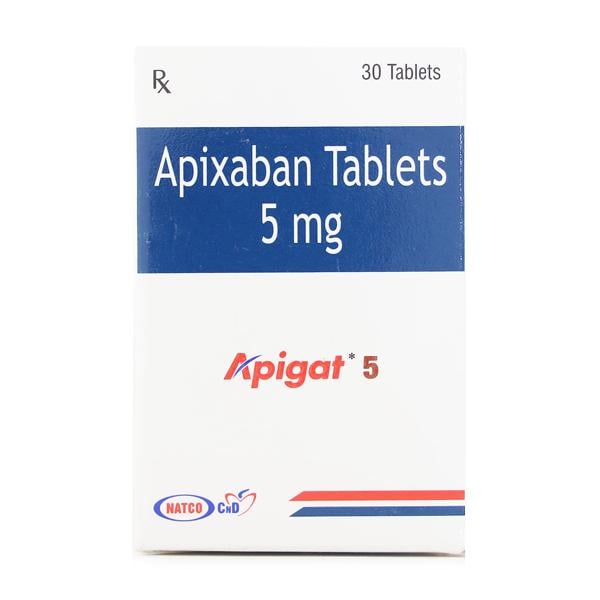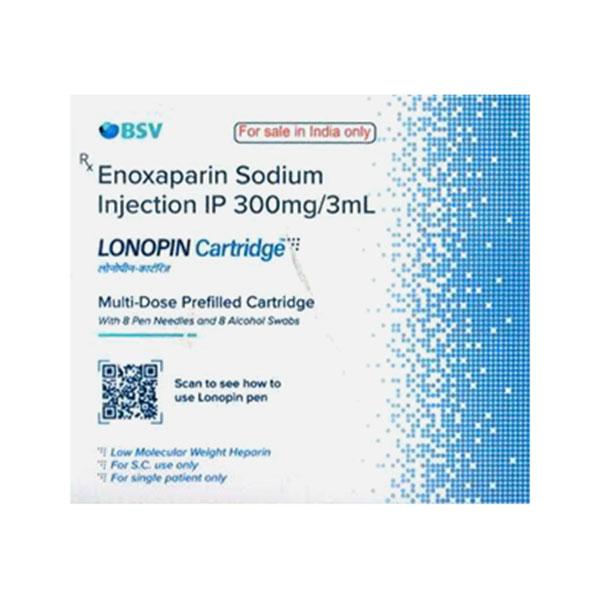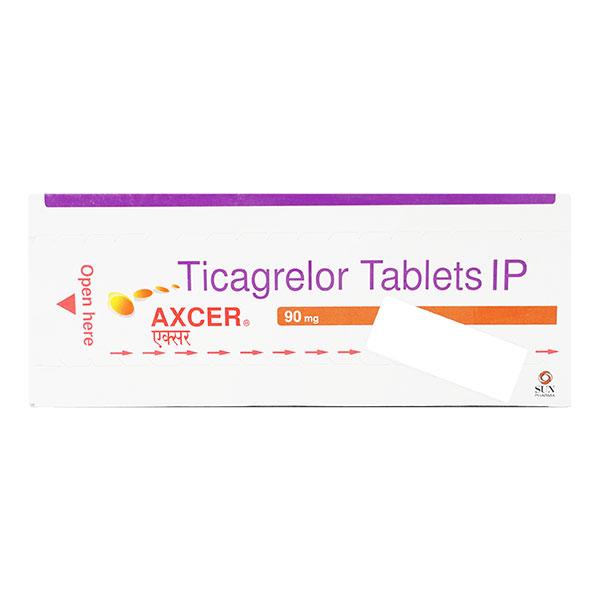


Blood Clot Tablets
Showing results in 'Blood Clot Tablets'
Blood Clot - Overview
A blood clot, also known as thrombus, is a clump of blood that forms in a blood vessel, obstructing blood flow. Clots can form in arteries or veins and can be life-threatening if not treated promptly. Blood clots can be caused by certain medical conditions, such as atrial fibrillation or deep vein thrombosis, as well as lifestyle factors like smoking and obesity. Treatment options include blood clot tablets or anticoagulants, blood thinners, compression stockings, and in severe cases, surgery. Prevention measures include maintaining a healthy lifestyle, staying active, and following medical advice.
Symptoms Of Blood Clot
Blood clots can occur in various parts of the body, including the legs, lungs, and brain. Symptoms may vary depending on the location and size of the clot.
- Common Signs: Common signs of a blood clot may include swelling, warmth, redness, and pain in the affected area.
- Pulmonary Embolismn the case of a pulmonary embolism (clot in the lung), symptoms may include sudden shortness of breath, chest pain, rapid heart rate, and coughing up blood.
- DVT: The formation of blood clots, which usually originates from the deep veins in the legs, is most commonly associated with a condition known as deep vein thrombosis (DVT).
- Stroke: Symptoms of a blood clot in the brain can include stroke, weakness on one side of the body, slurred speech, severe headache, and vision changes.
- Heart Attack: Blood clots can also result in myocardial infarctions, commonly known as heart attacks.
Usage Of Medicines For Blood Clot
Blood clots can indicate a serious medical condition, and treatment often involves the use of medication. Specialists also prescribeNovel Oral Anticoagulants (NOACs)used to prevent blood clots from forming or getting larger. Additionally, anti-platelet drugs can also help to prevent blood clots. You may also receive a blood clot injection to prevent further complications. However, the use of these medications is carefully monitored by a doctor, as they can increase the risk of haemorrhage,bleeding, and other complications in some patients.
References:
- https://www.mayoclinic.org/symptoms/blood-clots/basics/definition/sym-20050850
- https://www.stoptheclot.org/about-clots/blood-clot-info/
- https://www.hematology.org/education/patients/blood-clots
- https://www.nhs.uk/conditions/blood-clots/#:~:text=throbbing%20or%20cramping%20pain%2C%20swelling,cough%20or%20coughing%20up%20blood
- https://www.ahrq.gov/patients-consumers/prevention/disease/bloodclots.html


